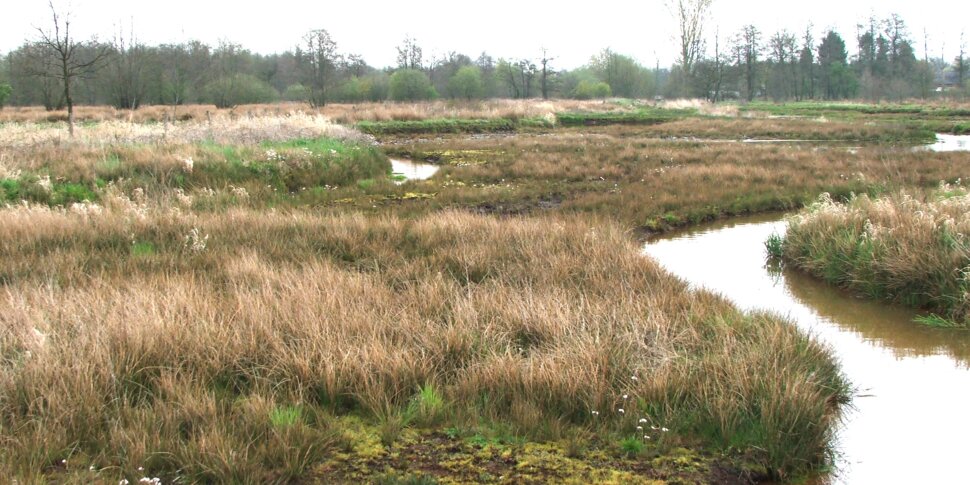Project background
Riparian ecosystems have long been disturbed and degraded by human activity. Flow management and structural modification of watersheds is often the main focus of restoration efforts, ignoring the role of biodiversity in supporting natural river processes and ecosystem services.
Aim of the project
This project aims to investigate and compare the hydrological dynamics of different basins, wetlands and river systems across Belgium, Poland, Portugal, Spain. Focusing on the understanding of the whole river catchment and using different methodologies and approaches, the project studies the ecological feedbacks and processes of restoring nature-based solutions, the role of biodiversity around them, the provision of ecosystem services and their benefits delivered. Special attention is given to drought conditions, particularly the behavior of base flow during extended dry periods.
Methodology
The project's methodology includes:
- an analysis of historical data of the river basins;
- a qualitative analysis of the system components;
- in-situ isotopic trace experiments and use of piezometer data;
- quantitative methods to develop an integral transnational comparison of cases.
Special emphasis will be placed on the process of participation and collaboration with stakeholders of the studied catchments to understand their local barriers, necessities, and governance structures.
Outcome
This research will deepen our understanding of water recharge patterns during droughts and low-flow periods, as well as highlight the benefits of effective upstream and downstream river management in varying socio-ecological contexts. The insights gained will help identify barriers to implementing ecosystem services-based approaches in restoration efforts. By generating robust evidence and promoting awareness of biodiversity’s role in delivering ecosystem services, the project will support the integration of these concepts into water governance and management. The findings will be highly relevant to a wide range of stakeholders, including water companies, conservation organizations, and water managers and users.
Funding and timeline
This research project runs for 3 years (starting from January 2025) and is funded through The Water4All 2023 Joint Transnational Call on "Aquatic Ecosystem Services", with the EU and the funding organisations:
- The Research Foundation - Flanders (FWO), Belgium;
- National Centre for Research and Development (NCBR), Poland;
- Fundação para a Ciência e Tecnologia (FCT), Portugal;
- Agencia Estatal de Investigación (AEI), Spain.
